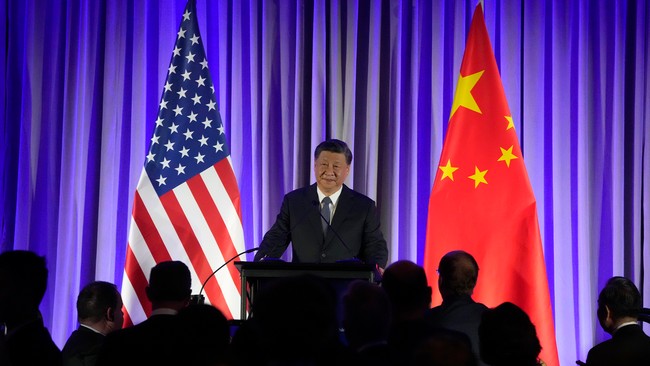

In a bold move to safeguard national security, the United States has implemented a ban on government personnel in China engaging in romantic or sexual relationships with Chinese citizens. This decision underscores the growing concern over espionage and influence operations by the Chinese Communist Party, which has long exploited personal connections to extract sensitive information from American officials. The policy sends a strong message: protecting the U.S. government’s and its employees’ integrity must come before any personal or diplomatic indulgences.
Reports indicate that the new policy took effect in January, just before U.S. Ambassador Nicholas Burns concluded his tenure in Beijing and before President Donald Trump took office. The policy has not been publicly disclosed. The policy applies to all U.S. diplomatic staff, their families, and contractors with security clearances stationed at American facilities across mainland China, including Guangzhou, Shanghai, Shenyang, Wuhan, and Hong Kong. It is also noted that U.S. personnel stationed outside China and those already in relationships with Chinese citizens may be exempt from the rule.
Policies like this are not uncommon. Many agencies have long had “non-fraternization” policies regarding personal relationships. However, such policies have been kept out of the public eye since the Cold War. Individuals who violate the policy will be forced to leave China.
The policy follows an incident in which Democrat Rep. Eric Swalwell (D-CA) had an alleged affair with a Chinese spy. Fang Fang, also known as Christine Fang, was a suspected Chinese intelligence operative who was reportedly able to infiltrate political circles in the U.S., including establishing close connections with Swalwell during his early years in Congress. Reports suggest the Democrat and Fang cultivated a romantic relationship beyond professional interactions. Swalwell has denied any wrongdoing.
Republicans have accused Swalwell of hiding his relationship with a Chinese spy, specifically Rep. Marjorie Taylor Greene (R-GA).




